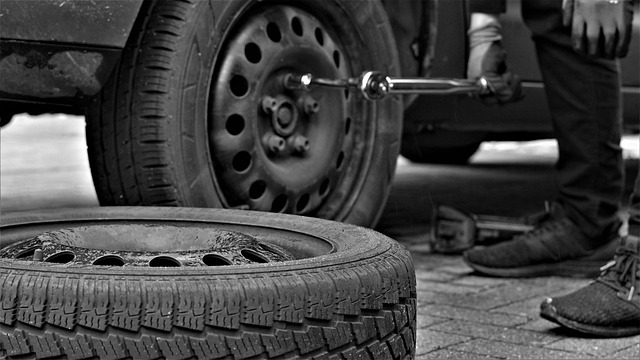Do you always feel like your car is running less smoothly than it ought to? Do each trip down the road, be it long or short, have you worrying about an unexpected problem arising? If all this sounds familiar, it may be time for a comprehensive car servicing experience.
While, on the one hand, such services may seem expensive and almost superfluous at times, having them done once in a while can actually save you money in the long run as they catch most issues with vehicles before they become bigger costly problems.
Herein we discuss four integral elements of any effective and comprehensive servicing package for cars — read on if you’re keen to learn more!
Contents
1. Inspect your vehicle regularly
Regular vehicle inspections are a critical component of comprehensive car servicing. These thorough checks identify potential issues before they escalate into significant problems.
If you live in Australia, mechanics like Brisbane Euro Service are there to check the fluid levels and quality as well as parts such as tires, brakes, lights, and any other important systems in your vehicle.
If your vehicle is used frequently or has some age to it, you may want to consider more frequent checks. Alternatively, if your vehicle is not used often or is still relatively new, you can opt for less frequent inspections.
2. Change the oil regularly
Without fresh oil, your engine struggles to lubricate all the moving parts and can suffer from excessive wear and tear that can lead to costly repairs down the road.
Changing your oil on a regular schedule keeps your engine running smoothly, improves your fuel efficiency, and saves you money in the long run.
The frequency of oil changes varies depending on the type of oil used, your driving habits, and how often you use your vehicle. However, most mechanics recommend changing the oil every 3,000 to 5,000 miles.
3. Check the car’s brakes
Ensuring that your car’s brakes are in prime working condition is paramount to your safety on the road.
Mechanics check for wear and tear on the brake pads and discs, fixing any issues that could lead to diminished braking power.
Regular checks also ensure that the brake fluid is at the right level and is not contaminated, which can affect the brake’s effectiveness.
Neglecting brake checks could lead to increased stopping distances, posing a risk to both yourself and others on the road. Hence, regular brake checks are an essential element of comprehensive car servicing.
4. Rotate and replace tires
Tire maintenance is an indispensable aspect of comprehensive car servicing. Regular rotation of tires helps ensure even wear, thereby extending their lifespan and enhancing vehicle safety. Tires should be rotated every 5,000 to 7,000 miles or as recommended by the vehicle manufacturer.

Don’t forget to replace worn-out tires promptly. Driving on worn tires can compromise traction, particularly in adverse weather conditions, and increase the risk of blowouts.
An experienced mechanic can advise when it’s time for a tire replacement, based on tire tread depth and overall condition.
Car servicing should encompass regular vehicle inspections, consistent oil changes, brake checks, and tire maintenance.
Final Words
Embracing these 4 integral elements ensures your vehicle runs efficiently and enhances your safety on the road.Keep in mind that preventative maintenance is typically less costly than addressing major repairs down the line.
So, it is worth investing time and money in quality servicing to keep your vehicle in peak condition.
